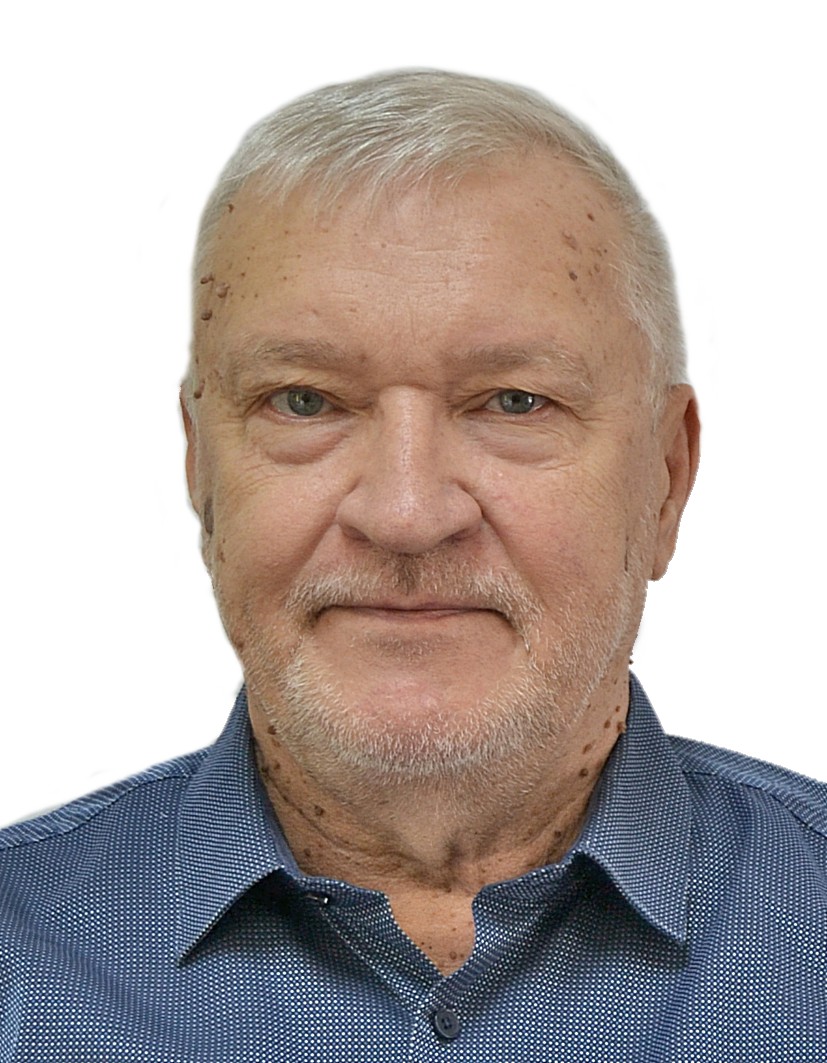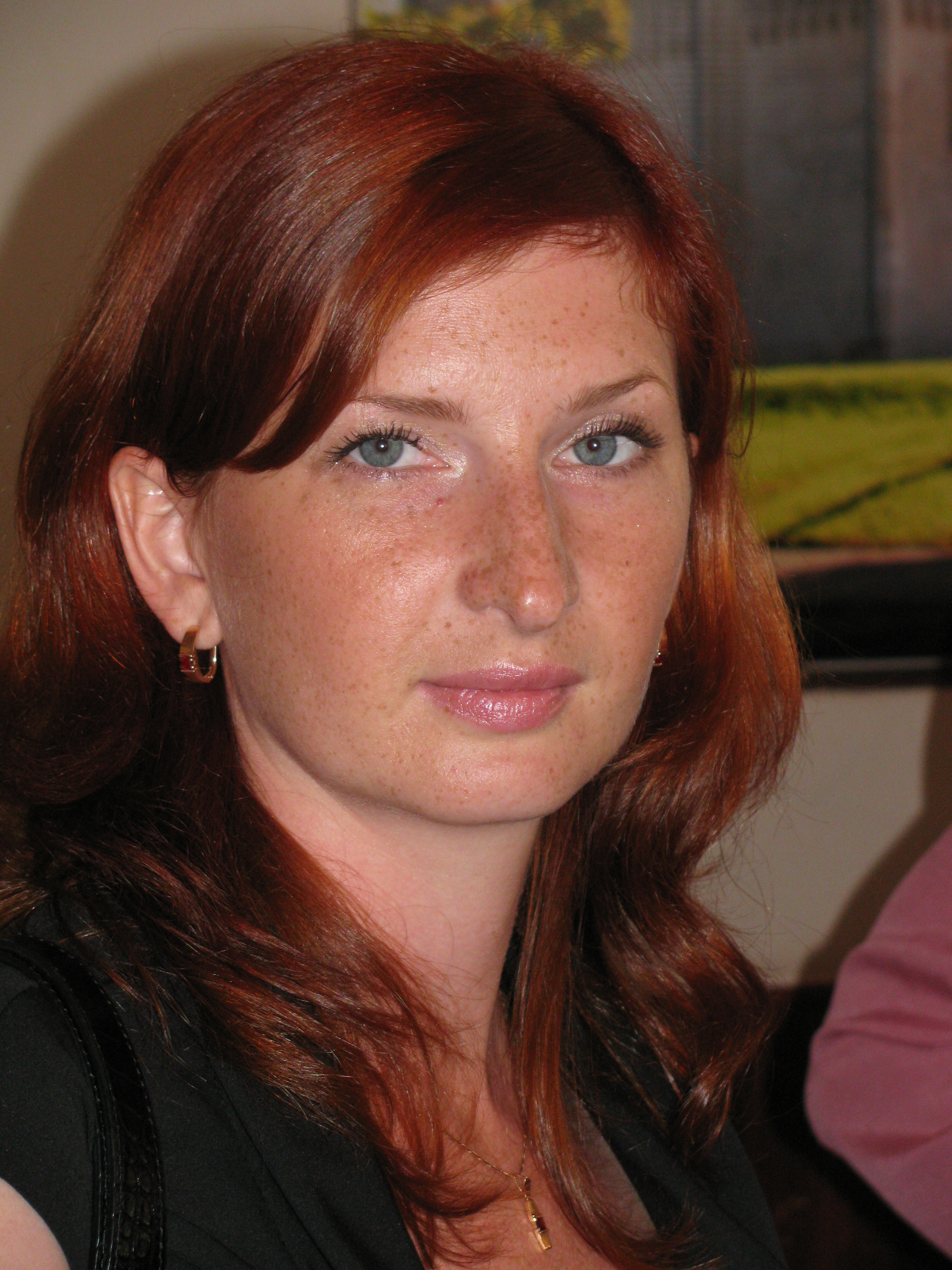The article examines some aspects of the expansion of the conceptual apparatus of the language of modern religious studies in the light of its relationship to the term “compliance”, which has become widespread in Russian publications. They denote compliance with certain safety standards and requirements, primarily in areas such as business and medicine. It includes both compliance with legal requirements and voluntary submission to them. In this regard, linguists note that the lexeme “compliance” has important religious connotations that are forgotten today, become noticeable in English texts of the Reformation era. They go back to the Christian context and the semantics of the Latin lexemes like “assensus” (consent, approval), “obsequium” (justice, self-sacrifice), and “indulgentia” (indulgence, generosity). The principle of “actualism”, according to which “the present is the key to the past”, allows us to pay attention to new aspects that open up in the debate about the meanings and connotations of such words in the Russian language and terms of modern science as “religion” and “study of religion”. This opens up new opportunities for dialogue between experts and between “believers” and “non-believers”, based on the concept of compliance. Russian history over the past 100 years has included several radical transformations in the norms of understanding the ideals and practices of magnanimity. Philosophical religious studies allow us to describe the possibility of finding a modern synthesis in understanding the key features of the phenomenon of religion in its tense confrontation of emotion and reason, personal and universal, “tremulous” and “trembling”.
Key words: philosophical religious studies, religion, compliance, semiotics
DOI: 10.22250/2072-8662-2024-4-124-135
About the authors
 |
Evgeni I. Arinin – Doctor of Philosophy, Head of the Department of Philosophy and Religious Studies, Vladimir State University n.a. A.G. and N.G. Stoletovs; 87 Gorkogo str., Vladimir, 600000, Russia; Professor of the Department of Cultural and Religious Studies, Northern (Arctic) Federal University; 17 Northern Dvina Embankment, Arkhangelsk, 163002, Russia; This email address is being protected from spambots. You need JavaScript enabled to view it. |
 |
Natalia M. Markova – Ph.D. (Philosophy), Associate Professor of the Department of Philosophy and Religious Studies, Vladimir State University n.a. A.G. and N.G. Stoletovs; 87 Gorkogo str., Vladimir, 600000, Russia; This email address is being protected from spambots. You need JavaScript enabled to view it. |
 |
Liliya E. Kuznetsova – Researcher of the Department of Philosophy and Religious Studies, Vladimir State University n.a. A.G. and N.G. Stoletovs; 87 Gorkogo str., Vladimir, 600000, Russia; This email address is being protected from spambots. You need JavaScript enabled to view it. |






